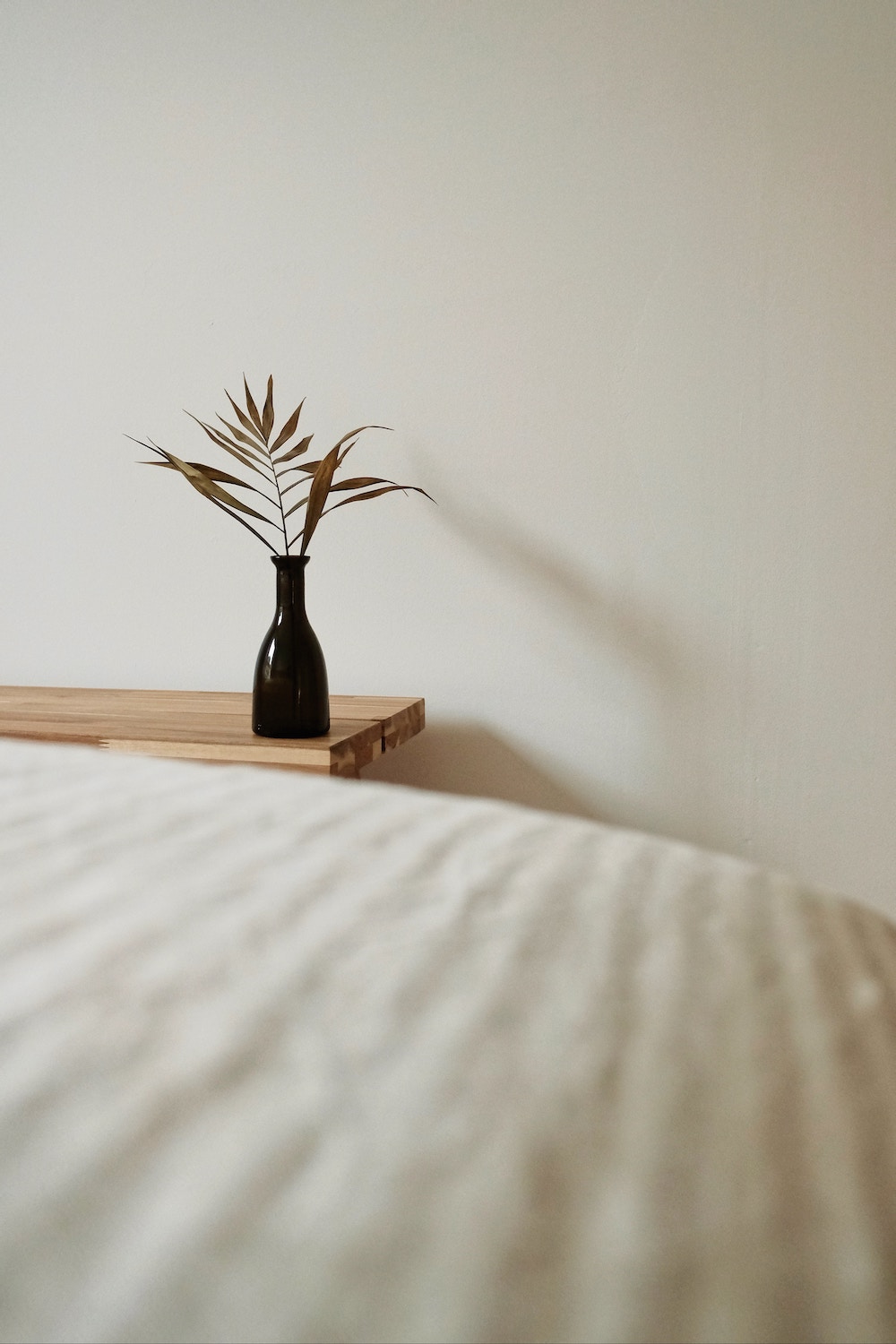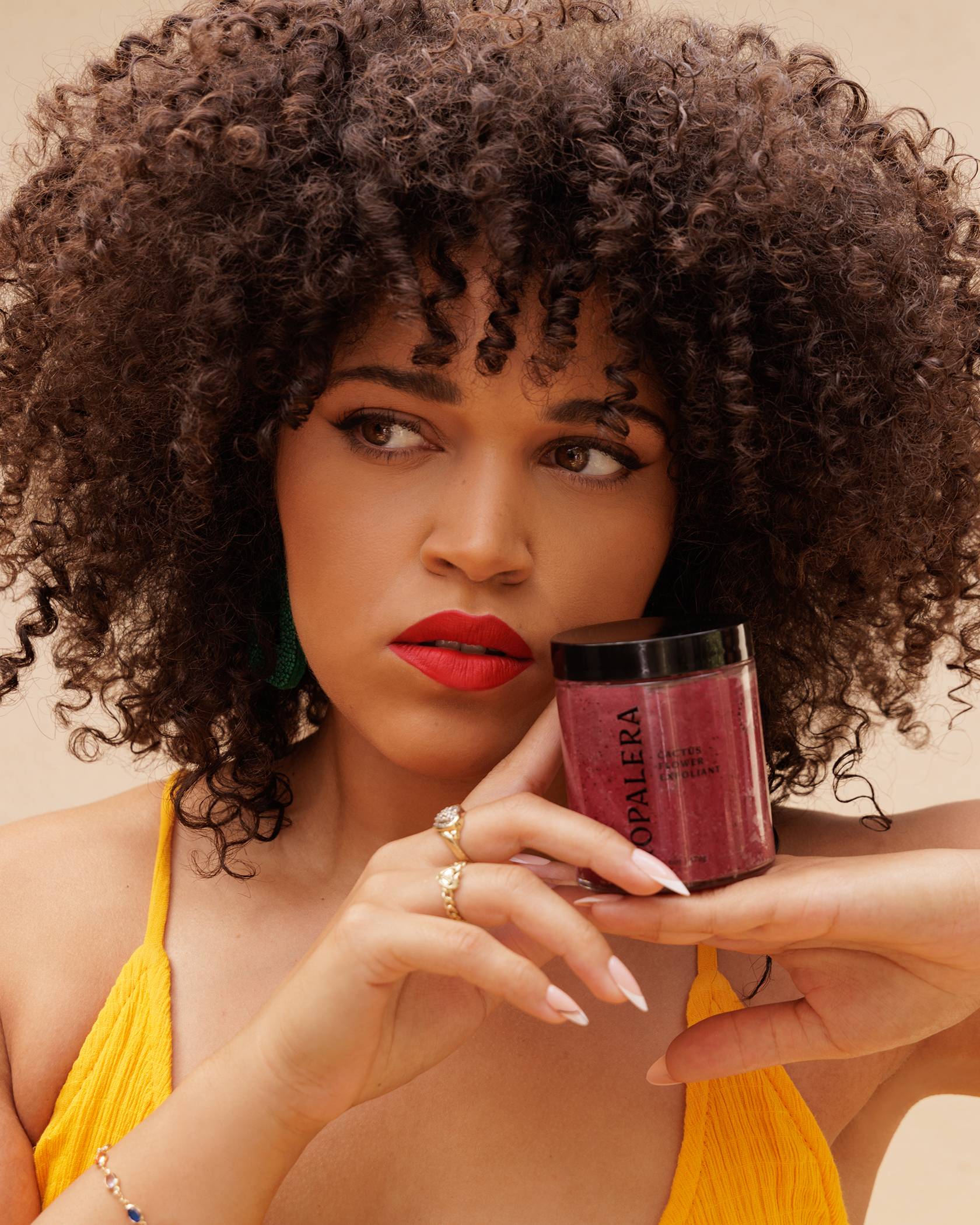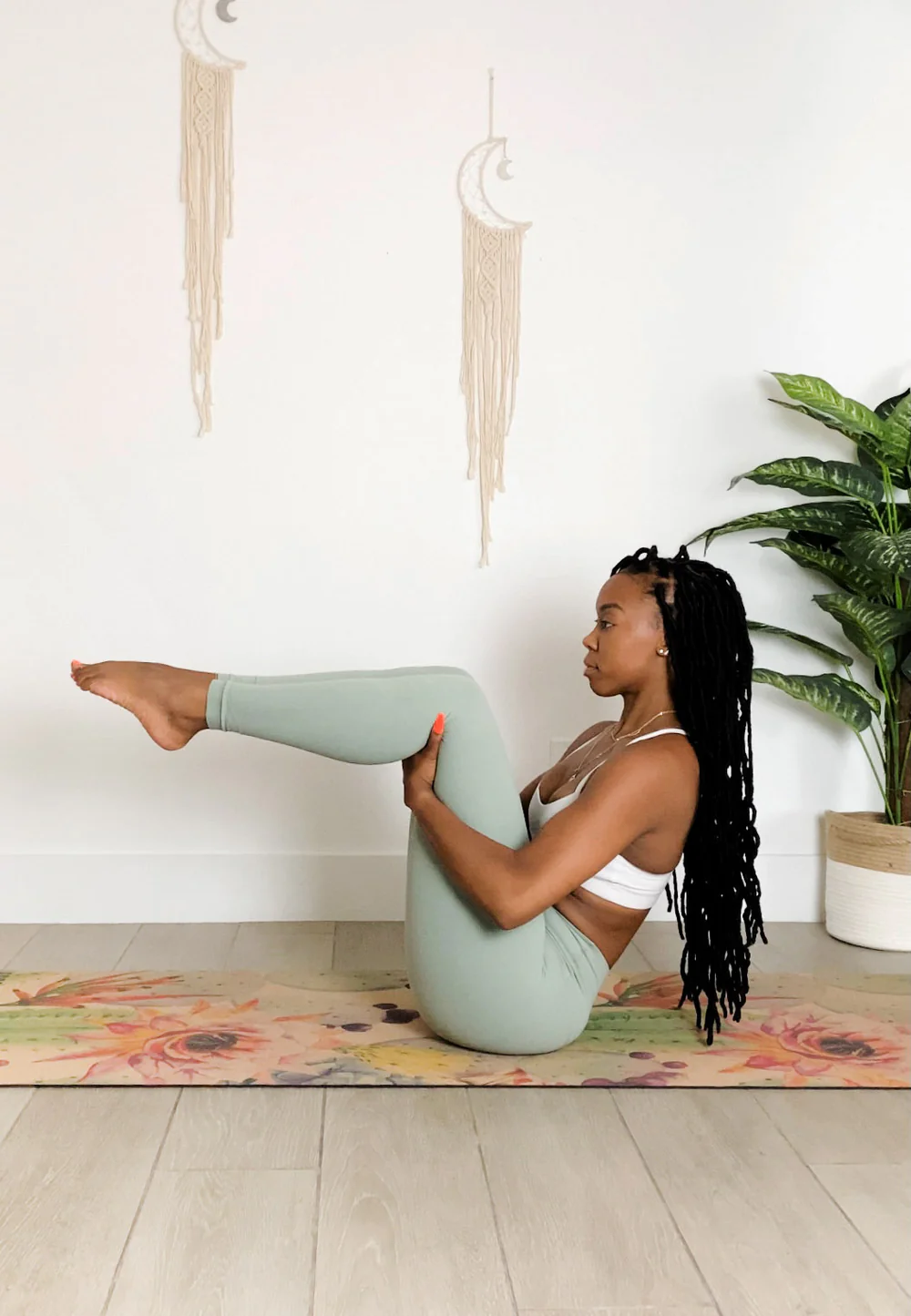In a world filled with constant stimulation, possessions, and obligations, it’s no wonder that many people are turning to minimalism as a path to improved wellness and well-being. Minimalism isn’t just about decluttering physical spaces; it’s a lifestyle that can positively impact your mental, emotional, and physical health. In this article, we’ll explore the deep connection between minimalism and wellness, and how embracing a minimalist mindset can lead to a more balanced and fulfilling life.
What is Minimalism?
Minimalism is a philosophy that encourages simplicity, focusing on what truly matters while eliminating excess. It’s about consciously choosing to own and do less to make room for what brings joy, meaning, and purpose.
The Connection Between Minimalism and Wellness:
1. Reduced Stress and Anxiety:
Clutter, whether physical or mental, can contribute to stress and anxiety. A cluttered environment can be overwhelming and distract from relaxation and focus. Minimalism involves decluttering your surroundings, creating a serene and peaceful space that promotes relaxation and reduces stress.
Tip: Start small by decluttering one room at a time, letting go of items that no longer serve a purpose or bring you joy. Donate or recycle what you no longer need.
2. Improved Mental Clarity:
Minimalism encourages simplifying your life, including your thoughts and commitments. By reducing mental clutter and focusing on your priorities, you can gain mental clarity and a better sense of purpose.
Tip: Practice mindfulness and meditation to help clear your mind and stay present in the moment. Use techniques like journaling to organize your thoughts and set clear intentions.
3. Enhanced Financial Well-Being:
Excessive spending and material possessions can lead to financial stress. Minimalism promotes mindful spending and intentional purchases, leading to better financial health.
Tip: Create a budget and track your expenses to gain control over your finances. Before making a purchase, ask yourself if it aligns with your values and needs.
4. Increased Physical Health:
A clutter-free environment can make it easier to maintain a clean and healthy living space. Minimalism can also lead to a simplified diet, reducing the consumption of processed and unhealthy foods.
Tip: Prioritize regular physical activity and make healthy eating choices. Simplify your diet by focusing on whole, unprocessed foods.
5. Better Relationships:
Minimalism encourages you to prioritize quality over quantity, which extends to your relationships. By focusing on meaningful connections and spending quality time with loved ones, you can strengthen your social and emotional well-being.
Tip: Make an effort to connect with friends and family in person or through meaningful conversations. Declutter toxic relationships and prioritize those that bring positivity into your life.
6. Enhanced Work-Life Balance:
Minimalism extends to how you approach work and your career. Embracing a minimalist mindset can lead to improved work-life balance, reducing the risk of burnout and promoting overall wellness.
Tip: Set boundaries at work and prioritize self-care. Make time for hobbies and activities that bring you joy outside of your career.
7. Greater Focus on Personal Growth:
Minimalism encourages you to reflect on your values and goals. This can lead to a greater focus on personal growth and self-improvement.
Tip: Set clear goals for your personal development and take steps to achieve them. Consider adopting practices like meditation and journaling to foster self-awareness and growth.
In Conclusion:
Minimalism is not just about having fewer possessions; it’s a holistic approach to living intentionally and prioritizing what truly matters. By decluttering your life—both physically and mentally—you can experience improved wellness in various aspects of your life. Embracing minimalism allows you to create space for what brings you joy, fulfillment, and a sense of purpose. As you embark on your minimalist journey, remember that it’s a process, and the benefits it offers to your overall well-being can be transformative. Start small, and gradually integrate minimalist principles into your life to experience the positive impact it can have on your wellness.




